Aavishkaar Capital will spend $50-60 million through GSCF to invest in the Southeast Asia region, with Vietnam and Indonesia as two key markets, each accounting for 40% of the total budget.
Mr. Abhishek Mittal, CEO of Aavishkaar Capital, said that the fund's goal is to carry out at least one investment project in Vietnam and Indonesia this year.
Vietnam strongly attracts "green" capital flows
“The reason why Aavishkaar Capital - GSCF chose Vietnam and Indonesia to focus on investing is because both are emerging markets in the top 5 largest markets in Southeast Asia. Malaysia, Singapore and Thailand are all quite mature markets.
In addition, both Indonesia and Vietnam have strong internal strength, good macro growth, young population and rapid technological transformation. Both have a certain openness to foreign investors, encouraging capital flows into the private enterprise sector," Ms. Yen Do - Chief Representative of Vietnam market of Aavishkaar Capital Fund shared at the event organized by BSA.
This is an impact investment with the aim of creating a positive social and environmental impact, targeting small and medium-sized enterprises developing sustainably in Vietnam. Statistics show that impact investors prioritize climate goals with 69% focusing on greenhouse gas reduction, 67% focusing on adaptation, only 9% of total assets have no climate goals.
In fact, the green capital market in Vietnam is flourishing thanks to the growing interest of businesses in sustainable development. Green credit and green bonds grow at an average of over 20% per year, much higher than the general credit of the economy . IFC has committed more than 2.8 billion USD to the financial sector, of which 400 million USD is financing green projects in the Vietnamese market.
Before IFC, many foreign funds such as &Green (Netherlands), DFCD... also poured tens of millions of USD into businesses that meet sustainable development standards in Vietnam. In early September, the International Finance Corporation (IFC) announced its support for the development of an ESG roadmap in Vietnam. IFC has committed more than 2.8 billion USD to the financial sector, including 400 million USD to finance green projects in the Vietnamese market....
Vietnamese enterprises promote ESG, apply digitalization in governance
These capital injection announcements were made in the context of Vietnamese enterprises soon considering sustainable development as a compass for survival and development.
According to the ESG Practice Progress Survey Report 2025, PwC pointed out that trillions of USD are being reallocated to new and sustainable value areas. Vietnamese enterprises are also known to have entered a new phase of sustainable development. The report shows that 89% of business representatives participating in the survey have or are planning to commit to ESG in the next 2-4 years, a significant increase compared to 80% in 2022.
In the same observation, DKSH also affirmed that businesses around the world, including Vietnam, are increasingly committing to ESG more strongly in recent years. “Sustainable development is not only an option, but has now become an important license to operate in Vietnam, driven by increasing expectations from regulators, investors, partners and consumers,” said Mr. Kim Le Huy, Vice President of Consumer Goods, General Director, DKSH Vietnam.
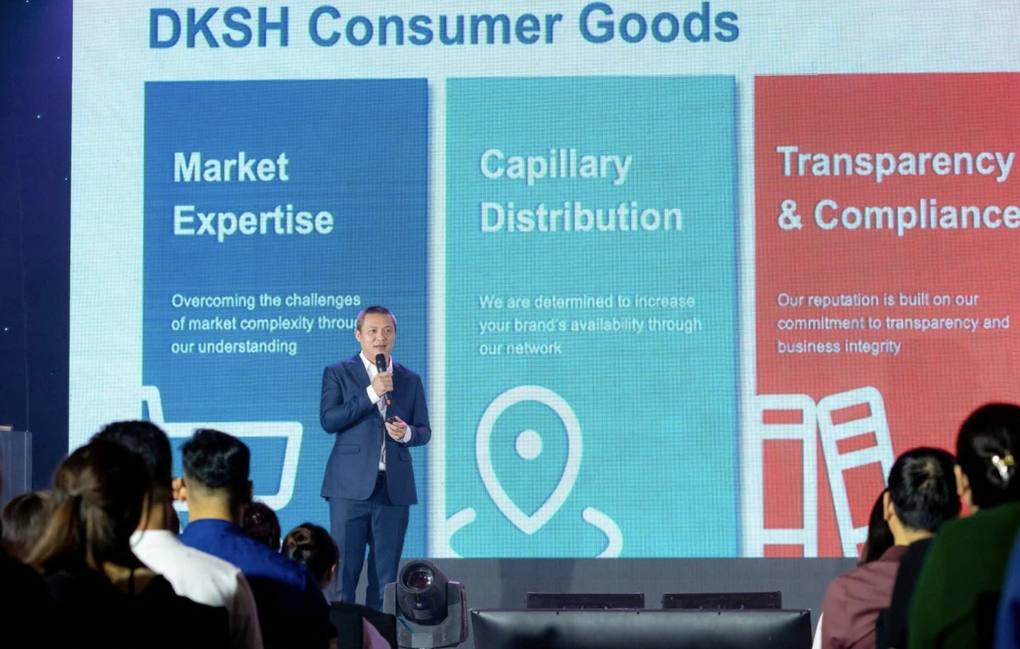
Mr. Kim Le Huy, Vice President of Consumer Goods, General Director, DKSH Vietnam (Photo: DT).
From his position as a partner of many multi-sector businesses, Mr. Huy said that global brands are becoming more and more stringent in selecting partners, and businesses must comply with ESG standards across the entire supply chain to be able to sign international contracts.
In the chemical raw materials segment, local manufacturers are reshaping their strategies to minimize environmental impact, prioritizing long-term growth over short-term profits.
Or at DKSH itself - Mr. Kim Le Huy, Vice President of Consumer Goods, General Director, DKSH Vietnam - also affirmed that the sustainable development journey has brought DKSH many valuable lessons. He said that DKSH is currently ahead of schedule in achieving its climate neutrality goal by 2030, thanks to continuous efforts to reduce greenhouse gas emissions in many markets, including Vietnam, through solutions such as optimizing transportation routes, improving energy efficiency and promoting the use of renewable energy.
In highly competitive fields such as banking and securities, ESG is even more important. Sharing at the discussion "Digital transformation in governance - ESG implementation experience from financial enterprises" on September 30,OCB General Director - Mr. Pham Hong Hai - admitted that the advantage is the pressure from customers. Young people want everything to be fast, available immediately and the experience must be great, if OCB cannot provide a solution, it will not be able to compete.
Mr. Tuan Nhan - CEO of Vietcap Securities Joint Stock Company - said that in a fast-growing market like Vietnam, it is necessary to determine "Either change, or be eliminated from the game". According to him, in the next 5 years, the market will enter a restructuring and screening phase. Only truly sustainable businesses that apply new technology can survive and develop.
Source: https://dantri.com.vn/kinh-doanh/viet-nam-hut-hang-ty-usd-von-xanh-quoc-te-20251003120539976.htm




![[Photo] Prime Minister Pham Minh Chinh inspects and directs the work of overcoming the consequences of floods after the storm in Thai Nguyen](https://vphoto.vietnam.vn/thumb/1200x675/vietnam/resource/IMAGE/2025/10/08/1759930075451_dsc-9441-jpg.webp)

![[Photo] Prime Minister Pham Minh Chinh attends the World Congress of the International Federation of Freight Forwarders and Transport Associations - FIATA](https://vphoto.vietnam.vn/thumb/1200x675/vietnam/resource/IMAGE/2025/10/08/1759936077106_dsc-0434-jpg.webp)



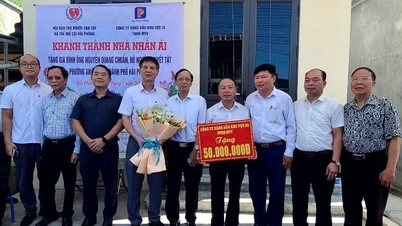

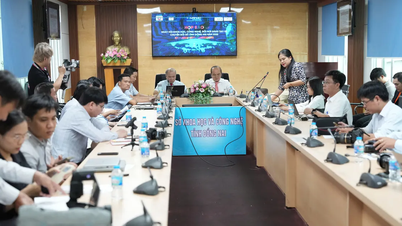

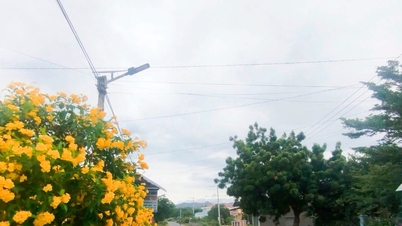



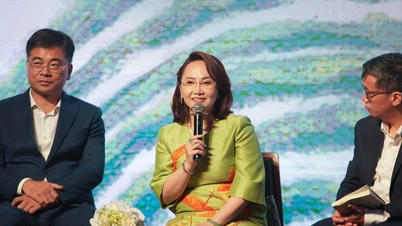

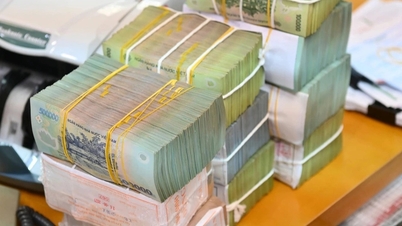
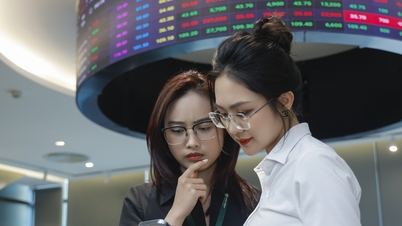

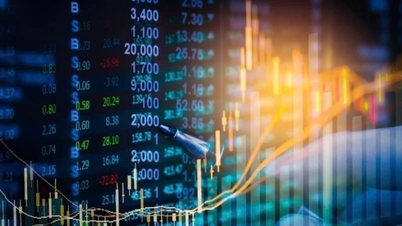











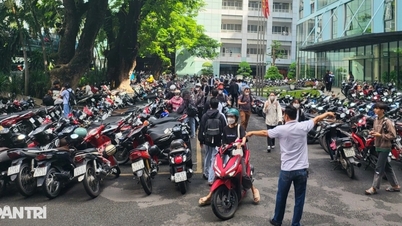
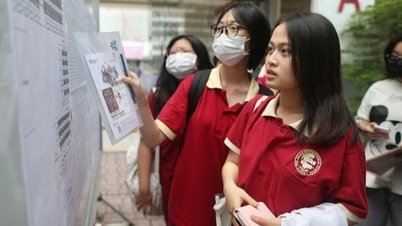
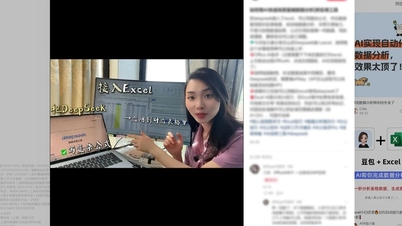



























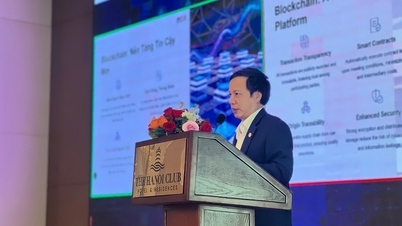






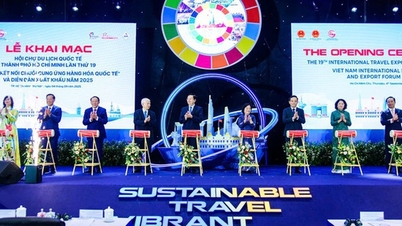









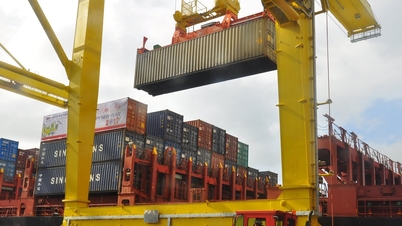
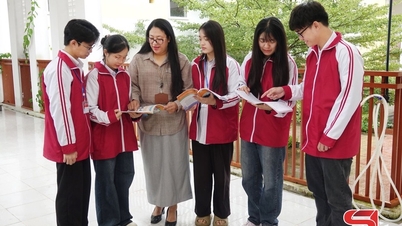















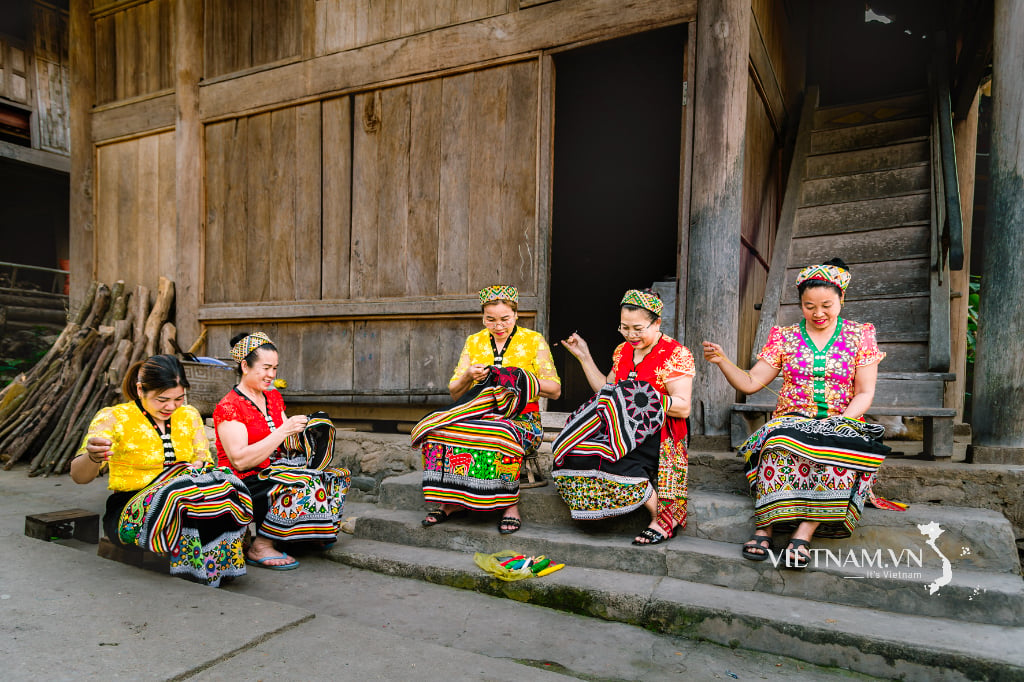


Comment (0)